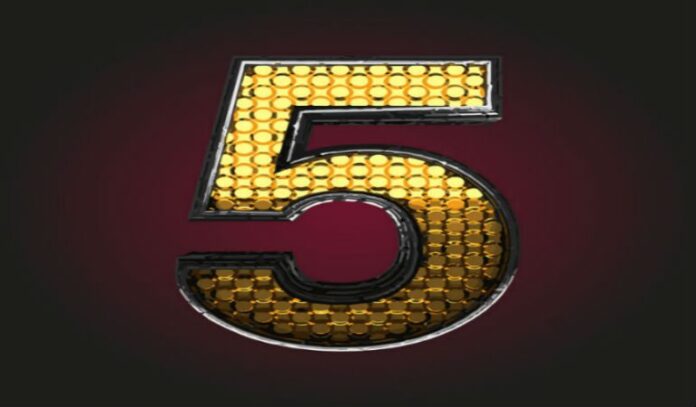1. Dish Network is giving up some of the spectrum that went to its bidding affiliates during the most recent spectrum auction. Those bidding entities benefitted from discounts the government gives to small businesses, but later the Federal Communications Commission decided that those discounts had been applied improperly since the companies were in fact controlled by Dish Network.
The spectrum retained by the FCC will be auctioned again, probably in the second half of 2016. The spectrum is valued at $3.5 billion, and if it ends up selling for less, the Dish affiliates will be expected to pay the difference. Yesterday, the two companies wired a $413 million penalty payment to the FCC.
Dish said that one of the companies, Northstar Wireless, is expected to be granted licenses covering approximately 3.7 billion megahertz potential customers covered, while the FCC will retain licenses covering about 690 million megahertz pops. The other company, SNR Wireless, is expected to be granted licenses covering 2.9 billion megahertz pops, while the FCC will retain licenses covering approximately 629 million megahertz pops. A megahertz pop is the number of megahertz in a given license times the number of people in the area covered by that spectrum.
2. Sprint reportedly will cut jobs and freeze hiring as it seeks to eliminate roughly one-third of its operating costs. According to The Wall Street Journal, the nation’s No. 4 carrier wants to cut $2.5 billion in expenses over the next six months.
3. Verizon launched its Go90 mobile video service on Google Play and iTunes, with content from ESPN, Comedy Central, MTV and at least a dozen other content providers. The name Go90 refers to the way mobile video viewers flip their phones 90 degrees into a horizontal position. The launch of Go90 coincided with New York’s Advertising Week, an event which saw a number of companies pitching mobile video to advertisers even while Apple is rolling out ad blockers as part of iOS 9.
4. Analysts say mobile operators have been slow to adopt Hotspot 2.0, which allows devices to find and connect to Wi-Fi hot spots automatically. The finding comes from ABI Research, which is predicting 6 million Hotspot 2.0-enabled access points by 2020.
5. The nation’s top patent troll may be out of business, thanks to a ruling from the East Texas judge who hears more patent cases than any other. Ars Technica reports that Judge Rodney Gilstrap will throw out 168 cases filed by EDekka. All the cases were related to one patent, which EDekka bought from a Bay Area entrepreneur in 2013.

